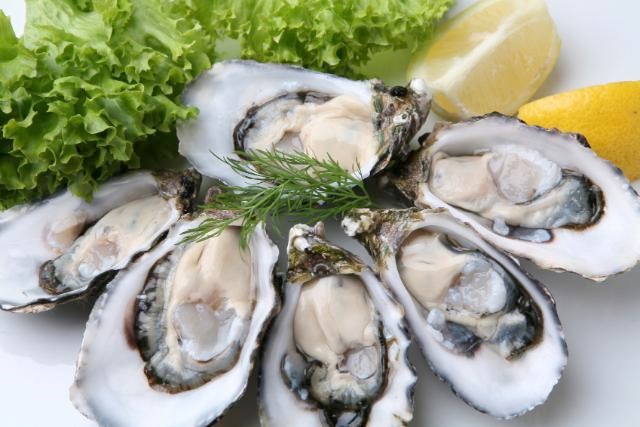The BC Centre for Disease Control (BCCDC) is warning raw shellfish consumers to take steps to protect their health following an increase in cases of norovirus.
Since early March 2018, around 40 cases of acute gastrointestinal illness have been reported to public health authorities in B.C.
And all of the sick people reported consuming raw B.C. oysters, with laboratory testing confirming the presence of norovirus in some of the cases and suspected in others. The investigation, said the BCCDC, is ongoing.
According to the BCCDC, in order to kill norovirus and other pathogens, consumers should cook oysters thoroughly, to an internal temperature of 90˚C for at least 90 seconds. Consumption of raw oysters is not encouraged.
Two oyster farms implicated in the outbreak have been closed by federal authorities.
In late 2016 and early 2017, 347 norovirus outbreak cases associated with raw or undercooked B.C. oysters were reported in B.C., Alberta and Ontario.
The outbreak was declared over in April, 2017.
While the precise sources of contamination have not been identified, human sewage in the marine environment is currently believed to be the most plausible cause of shellfish contamination.
Anyone becoming ill with diarrhea and vomiting after eating shellfish should call BC HealthLink at 811.
If symptoms are severe or persist, they should see their physician. Oyster-related illness can be reported to your local health authority for investigation and follow-up.
For most people, norovirus is a self-limiting illness and people will recover on their own with proper hydration and rest.
On rare occasions, dehydration may be severe and require medical attention.
Learn more about norovirus online at BCCDC.ca/Health-Info/Diseases-Conditions/Norovirus.



